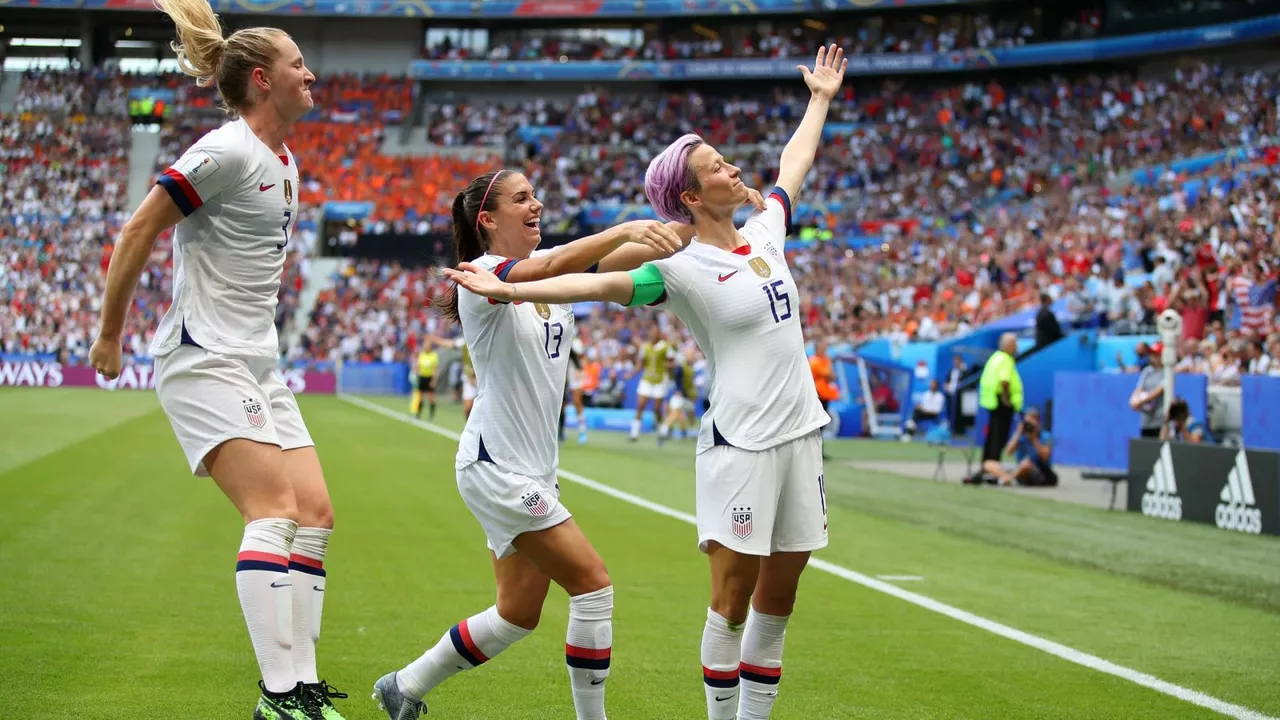The Preconceived Differences: Women not feeling the Soccer Love?
Sit down with me, friends, for a chat about the dribbling game, also known as soccer, or if you prefer, football. I am Blaise from the sunny side of Perth, Australia, and this topic has been scratching at my mind for a while - why do we often form the perception that most women don’t like soccer? I have had countless discussions with my daughter, Ellery, and listened to many debates around this. Let’s look at some reasons, backed by research, challenging perceptions, and anecdotal evidence from my life.
Societal Expectations and Stereotypes
Imagine this: a group of young kids, both boys and girls, gather around the television to watch a major league soccer match. The boys enthuse significantly more, while a noticeable proportion of the girls, slightly detached from the event, plug into more socially appealing activities. This could be a result of societal norms and stereotypes. The boys are expected to like sports, particularly soccer, while the girls are often subtly ushered toward more 'feminine pursuits'. This societal stigma influences the way girls perceive soccer, but it’s crucial to recognize that these stereotypes are antiquated and should no longer define our preferences.
Representation Matters: Lack of Female Role Models
We can't deny the fact that representation matters—a lot. Now, think back to the prominent soccer players you know. Chances are, they're all men. Society has always projected soccer as a man's game, with women’s leagues receiving less focus and media coverage. This lack of representation creates a gap where female interests in soccer may dwindle due to the absence of familiar faces or role models to relate with. If we flip the script and start celebrating female soccer players as much as their male counterparts, we might see a significant shift in women's interest in the sport.
Getting in the Game: Accessibility and Opportunities
Now, what if I tell you the lack of women liking soccer might be more of a geographical than a gender issue? In many countries around the world, women's soccer is well-received and widely played. In Australia, for instance, soccer is one of the most popular sports for girls to play. However, the infrastructure and opportunities for women to play soccer continue to be considerably less than for men. Consequently, fewer women play soccer, which cascades into fewer women liking it as a spectator sport.
Making Waves: The Rising Trend of Women in Soccer
But hey, let’s not paint a completely gloomy picture. The situation is changing, and the appreciation of soccer among women is on the rise globally. FIFA reported in 2019 that the Women's World Cup drew a record audience of 1.12 billion viewers worldwide. So, yes, women do like soccer! At this point, I must share a story. My daughter, Ellery, surprised me last weekend when she chose to stay home and watch the Women’s Soccer Playoff over going to the mall with her friends. This from a girl who used to roll her eyes when I mentioned the word ‘soccer’. Times are changing, folks, and we need to change our perceptions along with it.
In conclusion, the perception that most women don’t like soccer has been informed by societal norms, a lack of representation, and limited opportunities for women to participate in the sport. However, as society continues to evolve, with an increasing number of women taking an interest in soccer both as spectators and players, we may soon relegate this assumption to the back burner. The key to changing this perception is to increase the visibility and representation of women in soccer, provide equal opportunities for women, and finally, just enjoy the game without labeling it a 'man's sport' or a 'woman's sport.' Soccer, like any other sport, is a sport for all.
